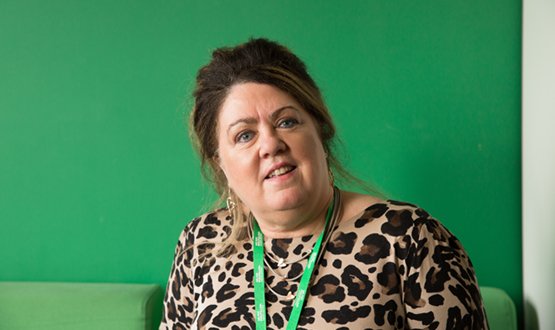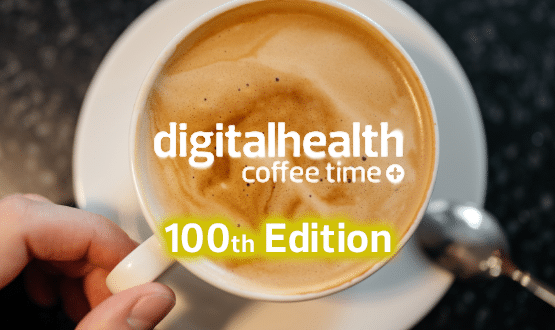Macmillan Cancer Support launches own digital nurse to combat ‘fake news’

A cancer charity has appointed a digital nurse to help combat ‘fake news’ online after it feared patients turned to Google for self-diagnosis.
Macmillan Cancer Support’s digital nurse specialist, Ellen McPake, is solely dedicated to answering questions online to help those affected by cancer, via social media platforms and the charity’s online community.
Ellen told Digital Health News that she will be working alongside the charity’s social media team and other experts.
She said: “Often when people are diagnosed with cancer they are shocked and don’t really absorb the information they have been given.”
“So my role is to offer trusted advice online to not just those who have been diagnosed but for friends and relatives.”
“Sometimes patients can get caught up in ‘media frenzies’ which claim they have found magical cures and end up believing them.”
“We are not saying that people should not turn to the internet as it is a great tool, we just don’t want people to fall victim to these frenzies.”
A growing demand for online information about cancer diagnosis and treatment has prompted the creation of the role.
Macmillan is also concerned patients lack the information they need and are instead turning to unverified sites which leaves them frightened and at risk of bogus cures.
For example, one internet search brings up a website which says chemotherapy is a bigger killer than cancer itself while another claims that baking soda can cure breast cancer.
Professor Jane Maher, joint chief medical officer at Macmillan Cancer Support, says: “It’s completely natural for people to want to Google their diagnosis when they’re told they have cancer.”
“But with countless unverified statistics, fake news and horror stories on the internet, ending up on the wrong website can be really worrying.”
“This can leave people pinning their hopes on a dangerous bogus cure or underestimating the benefit of routine treatments.”
“When someone learns they have cancer, it’s really important that healthcare professionals fully explain what their diagnosis means and the support available to them.”
“They should also be able signpost their patients to trusted sources online so they aren’t left open to incorrect or misleading information.”
In August, NHS Digital endorsed a national campaign to encourage digital training for nurses. The Royal College of Nursing’s (RCN) “Every nurse an e-nurse” wants every UK nurse to be an e-nurse by 2020.




2 Comments
I am disturbed by hearing fellow patients talking about how they have gone on to very restricted diets – is there any reason to cut out gluten, dairy , even alcohol in moderation. I am sure it is more important to live as normal a life as possible. I wish we could stop people talking about us as ”fighting ” cancer it is our medical teams that do that for us and it carries the implication that if we ”loose” then we did not fight hard enough. It is also nonsense to tell people that by being ”positive” they will get better. A good attitude will certainly improve the quality of life -but will hardly lengthen it.
This is welcome news but what a gargantuan task!
As a cancer patient, I spend time on Cancer Research UK’s Cancer Chat forum and it is disturbing how many desperate newly diagnosed people come online asking questions lke: where they can buy the latest quack remedy, has anyone tried such and such diet, iis it true that if I cut sugar out of my diet my stage 4 cancer will shrink or most chilling of all has anyone else refused chemo/radiotherapy/surgery because cannabis oil cures cancer?
I wish Ellen all the very best in this role.
Comments are closed.